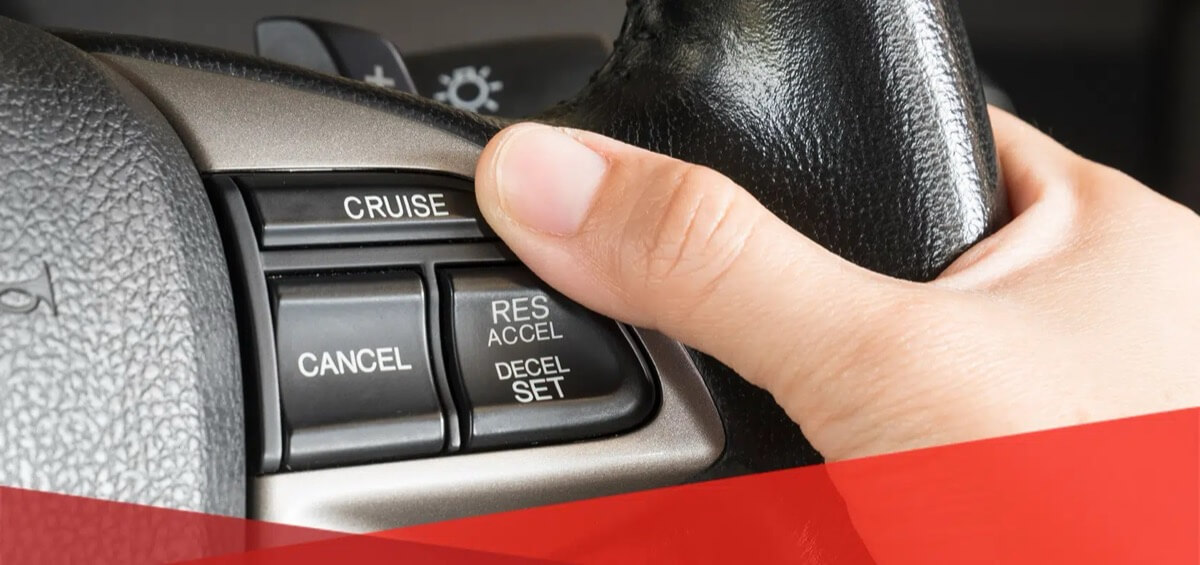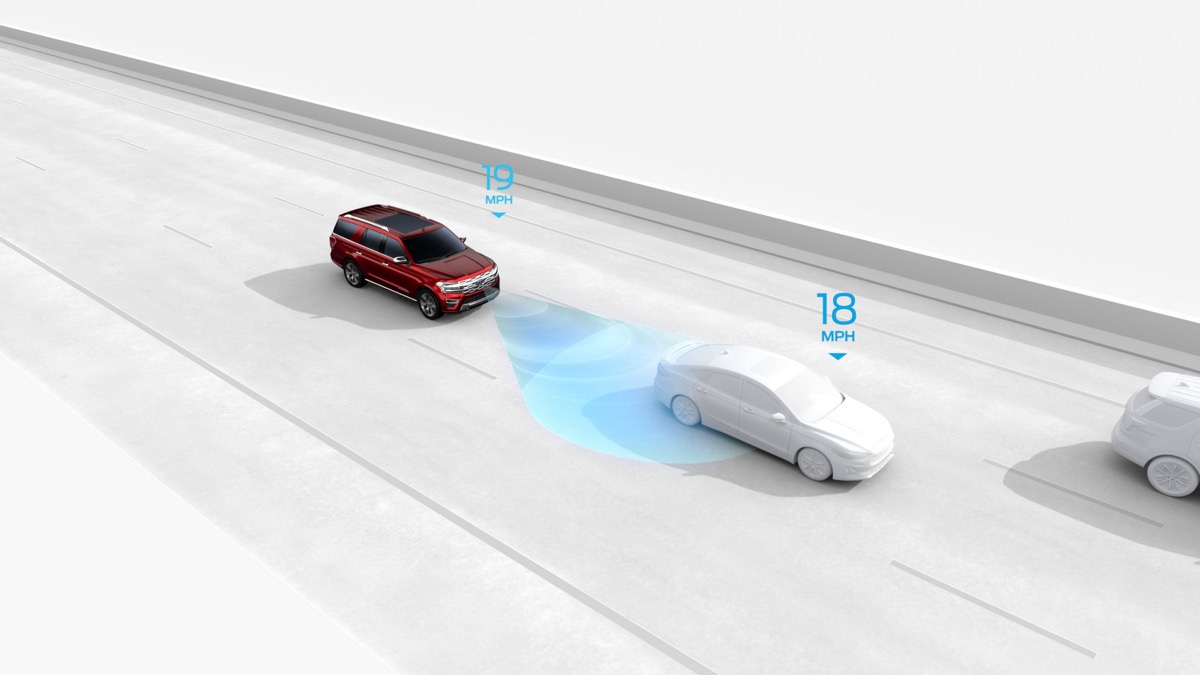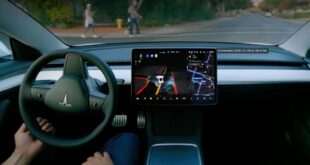Automated driving tech is supposed to help, but some features might be doing more harm than good.
Modern cars are packed with technology designed to make driving easier and safer, but a new study suggests that not all driver assistance features are beneficial. Researchers from the Netherlands analyzed data from around the world to see how different automated systems impact road safety. The results show that while some features help reduce accidents, others—especially cruise control and adaptive cruise control—might actually increase the risk of crashing.
The study looked at 28 different driver assistance systems, breaking them down into four categories based on how much control they have over the vehicle and how urgently they act. Informing systems, like tire pressure monitors, provide useful data but don’t directly influence the car’s movement. Warning systems, such as blind-spot alerts, give urgent notifications to help drivers avoid danger. Intervening systems, like automatic emergency braking and lane-keep assist, actively step in to prevent crashes. Finally, comfort-enhancing systems, including standard and adaptive cruise control, make long drives more relaxing but have low urgency in their responses.
Most of these features were found to be either neutral or positive in terms of safety. Lane-keep assist, for example, reduced crashes by 19.1%, while driver-monitoring systems led to a 14% decrease. These features work by keeping the driver engaged and preventing mistakes before they happen. But when it comes to cruise control, the findings were quite different.

According to the study, using standard cruise control increases the likelihood of an accident by 12%. Even adaptive cruise control, which automatically adjusts speed based on traffic, was linked to a small increase in crash risk (1.8%). The reason? It turns out that taking some control away from the driver can lead to reduced attention and slower reaction times.
The study suggests that many drivers become too comfortable relying on these systems, assuming the car will handle everything for them. This overconfidence can be dangerous, especially when encountering sudden obstacles or unexpected road conditions. Some adaptive cruise control systems also struggle to detect slow or stationary objects, and not all are paired with automatic emergency braking, making them less reliable in emergencies.
While technology has made driving safer in many ways, this research highlights the importance of staying alert behind the wheel. Features like lane-keep assist and driver-monitoring systems clearly help reduce accidents, but systems designed for comfort, like cruise control, can have unintended consequences. The takeaway? No matter how advanced your car is, staying focused and engaged while driving is always the best safety feature.








